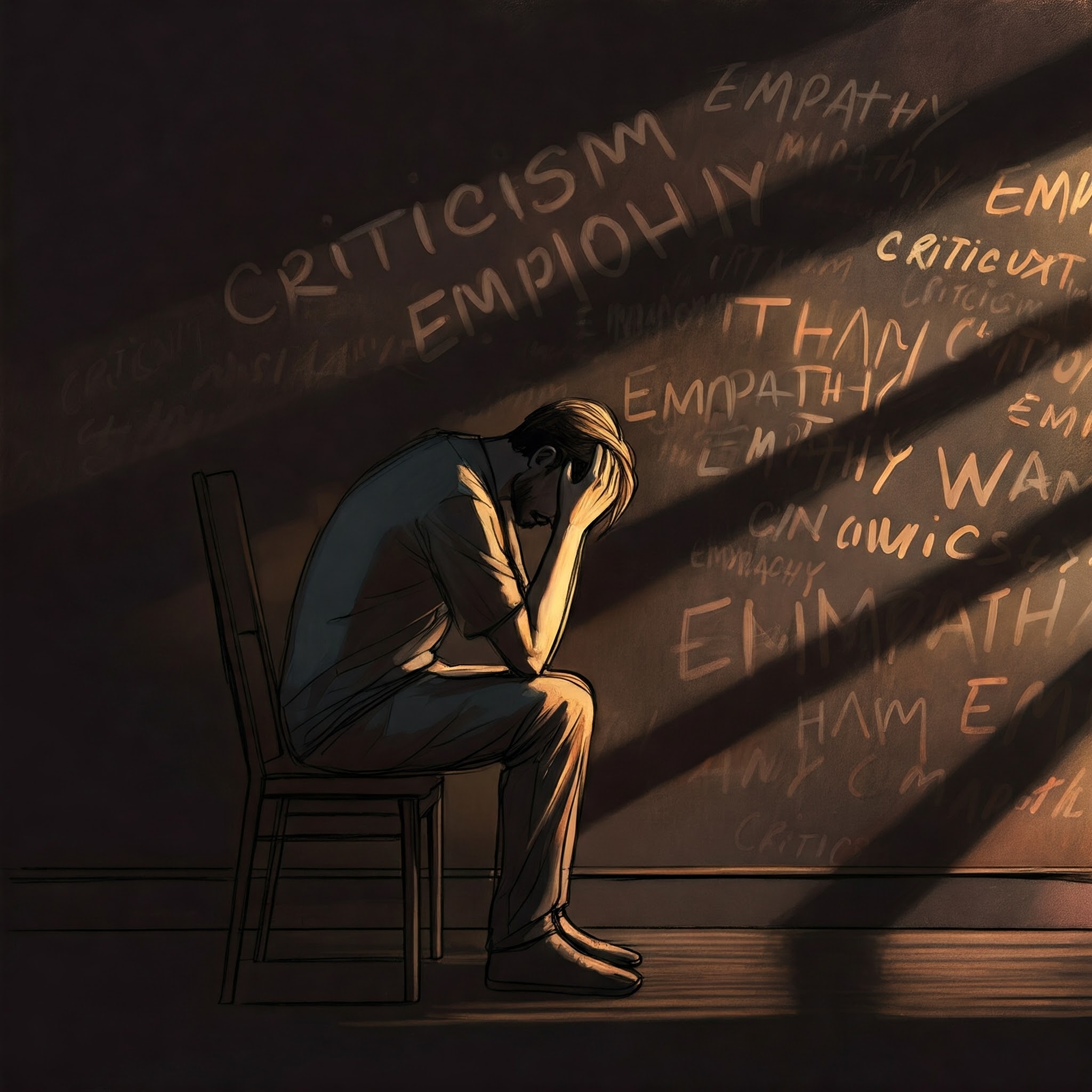Harm
Definition
Harm refers to physical injury, damage, or a negative effect caused to someone or something. It can also describe the act of inflicting such injury or damage.
Parts of Speech
- Noun
- Verb
Pronunciation
American English
- IPA Pronunciation: /hɑːrm/
- Respelling: harm
British English
- IPA Pronunciation: /hɑːm/
- Respelling: hahm
Etymology
The word "harm" originates from Old English "hearm," meaning "injury" or "insult," derived from Proto-Germanic "*harmaz," meaning "pain" or "suffering." Its meaning has remained consistent over time.
Derivatives
- Harmful (adjective)
- Harmfully (adverb)
- Harmless (adjective)
- Harmfulness (noun)
- Harmed (verb, past tense)
Synonyms
- Injury
- Damage
- Hurt
Antonyms
- Benefit
- Help
- Repair
Usage
The term "harm" is used in various contexts, such as physical injury, emotional distress, or environmental damage. For example, "The accident caused significant harm to the driver," or "Pollution poses great harm to wildlife."
Related Terms
- Damage: Physical or emotional destruction or impairment.
- Injury: Physical harm or wound.
- Impact: A forceful effect, often resulting in harm.
Detailed Definitions
Noun
- Physical injury or damage: Refers to tangible harm caused to people, objects, or environments.
- Example: "The storm caused severe harm to the crops."
- Emotional or psychological damage: Describes harm inflicted on someone's mental state.
- Example: "Criticism without empathy can cause emotional harm."
Verb
- To cause injury or damage: Refers to the act of inflicting harm on someone or something.
- Example: "The chemicals may harm aquatic life."
- To negatively affect: Describes impairing or undermining a situation or entity.
- Example: "Spreading false rumors can harm a person's reputation."
harm



🇨🇳 Mandarin Chinese
- 伤害 (shānghài)
- IPA: /ʂaŋ˥˥xaɪ̯˨˩˦/
- Respelling: shang1hai4
- 危害 (wēihài)
- IPA: /weɪ̯˥xaɪ̯˨˩˦/
- Respelling: wei1hai4
🇮🇳 Hindi
- नुक़सान (nuqsaan)
- IPA: /nʊqsaːn/
- Respelling: nuq-saan
- हानि (haani)
- IPA: /ɦaːni/
- Respelling: haa-ni
🇪🇸 Spanish
- Daño
- IPA: /ˈdaɲo/
- Respelling: dan-yo
- Perjuicio
- IPA: /peɾˈxwi.sjo/
- Respelling: per-hwi-syo
🇫🇷 French
- Dommage
- IPA: /dɔ.maʒ/
- Respelling: do-maazh
- Nuisance
- IPA: /nɥi.zɑ̃s/
- Respelling: nwee-zance
🇸🇦 Arabic (Modern Standard)
- ضرر (ḍarar)
- IPA: /ðɑrɑr/
- Respelling: dharar
- أذى (adha)
- IPA: /ʔuðˤɑ/
- Respelling: udha
🇧🇩 Bengali
- ক্ষতি (kṣati)
- IPA: /kʰɔt̪i/
- Respelling: khoti
- আঘাত (āghāt)
- IPA: /aɡʱat̪/
- Respelling: aghat
🇷🇺 Russian
- Вред (Vred)
- IPA: /vrʲet/
- Respelling: vyret
- Ущерб (Ushcherb)
- IPA: /ʊʂˈtɕɵrb/
- Respelling: ush-chyorb
🇵🇹 Portuguese
- Dano
- IPA: /ˈdɐ.nu/
- Respelling: dah-noo
- Prejuízo
- IPA: /pɾɨ.ˈʒuj.zu/
- Respelling: pree-zhooi-zoo
🇮🇩 Indonesian
- Kerusakan
- IPA: /kərusakan/
- Respelling: ke-ru-sa-kan
- Bahaya
- IPA: /ba.ha.ʝa/
- Respelling: ba-ha-ya
🇩🇪 German
- Schaden
- IPA: /ˈʃaːdn̩/
- Respelling: shaadn
- Verletzung
- IPA: /fɛɐ̯ˈlɛʦʊŋ/
- Respelling: fair-let-zoong
🇯🇵 Japanese
- 害 (gai)
- IPA: /ɡa̠i/
- Respelling: gai
- 損害 (songai)
- IPA: /sõ̞ŋɡa̠i/
- Respelling: son-gai
🇻🇳 Vietnamese
- Hại
- IPA: /ha᷉ːi˧/
- Respelling: haa-i
- Thiệt hại
- IPA: /tʰiə̯t̚˦ˀ˥ ha᷉ːj˧/
- Respelling: thiet-haa-i
🇰🇷 Korean
- 해 (hae)
- IPA: /hɛ/
- Respelling: heh
- 피해 (pihae)
- IPA: /pʰi.hɛ/
- Respelling: phi-heh
🇹🇷 Turkish
- Zarar
- IPA: /zɑːˈɾɑːɾ/
- Respelling: zaa-raar
- Hasar
- IPA: /hɑˈsɑːɾ/
- Respelling: haa-saar
🇵🇰 Urdu
- نقصان (nuqsaan)
- IPA: /nʊqsaːn/
- Respelling: nuq-saan
- ہانی (haani)
- IPA: /ɦaːni/
- Respelling: haa-ni





